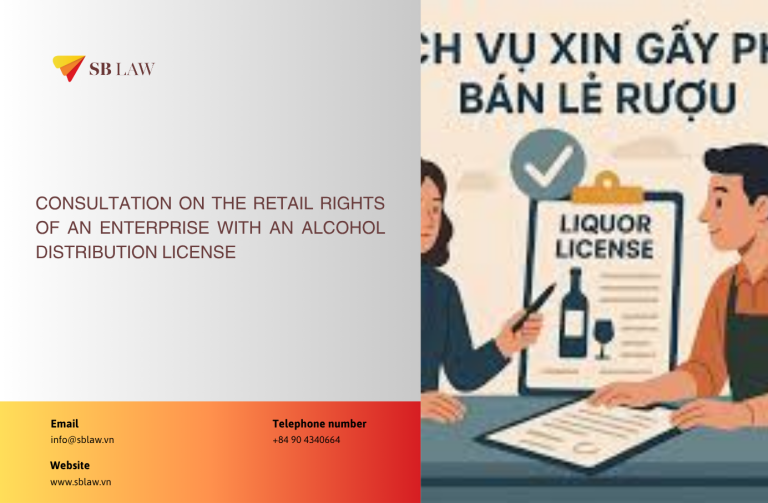Question: Most of the times, in order to receive a property transfer, the Client chooses to make a deposit to security for fulfillment of obligations in this transfer contract. Hence, in case of nullification/termination of the deposit contract, is the transfer contract nullified/terminated; and vice versa, in case of nullification/termination of the transfer contract, is the deposit contract nullified/terminated?
Answer from lawyer:
In accordance with Article 29 Decree 21/2021/NĐ-CP:
- Security contracts that are nullified, annulled or unilaterally terminated shall not terminate contracts with secured obligations.
- In case contracts with secured obligations are nullified, annulled or terminated, proceed as follows:
- Terminate security contracts in case parties have not executed contracts with secured obligations;
- Do not terminate security contracts when parties have executed parts or all of contracts with secured obligations. Secured parties have the right to realize collateral to pay for repayment obligations with parties which they have obligations to.
In the Client’s situation, the deposit contract is the security contract, the transfer contract is the contracts with secured obligations.
Whereby:
- In case the deposit contract is nullified or annulled, unilaterally terminated shall not terminate the transfer contract.
- In case the transfer contract is nullified or annulled, unilaterally terminated, it is important to make a distinction between the following two:
- Terminate the deposit contract in case parties have not executed the transfer contracts;
- Do not terminate deposit contract when parties have executed parts or all of the transfer contract.




